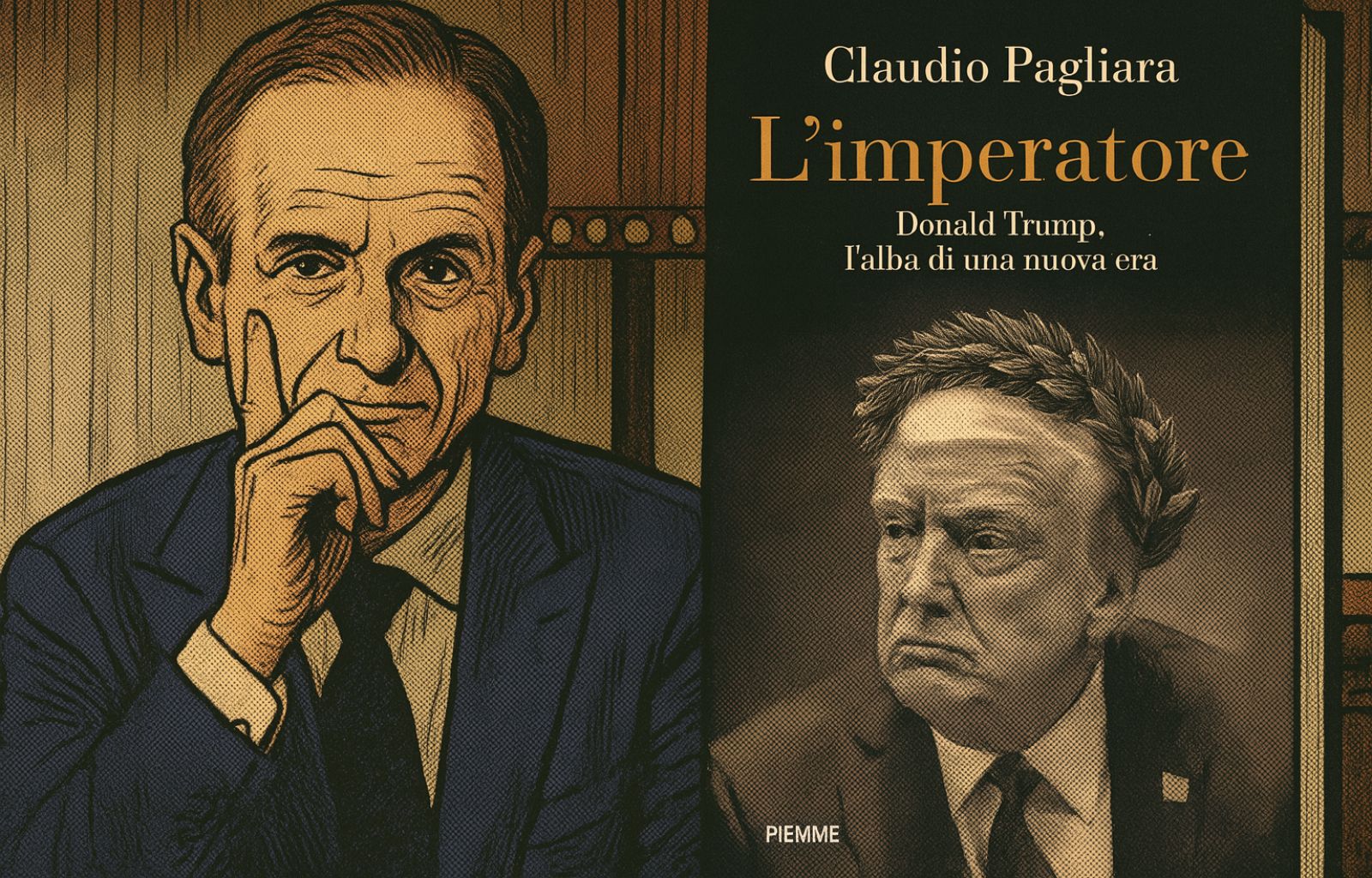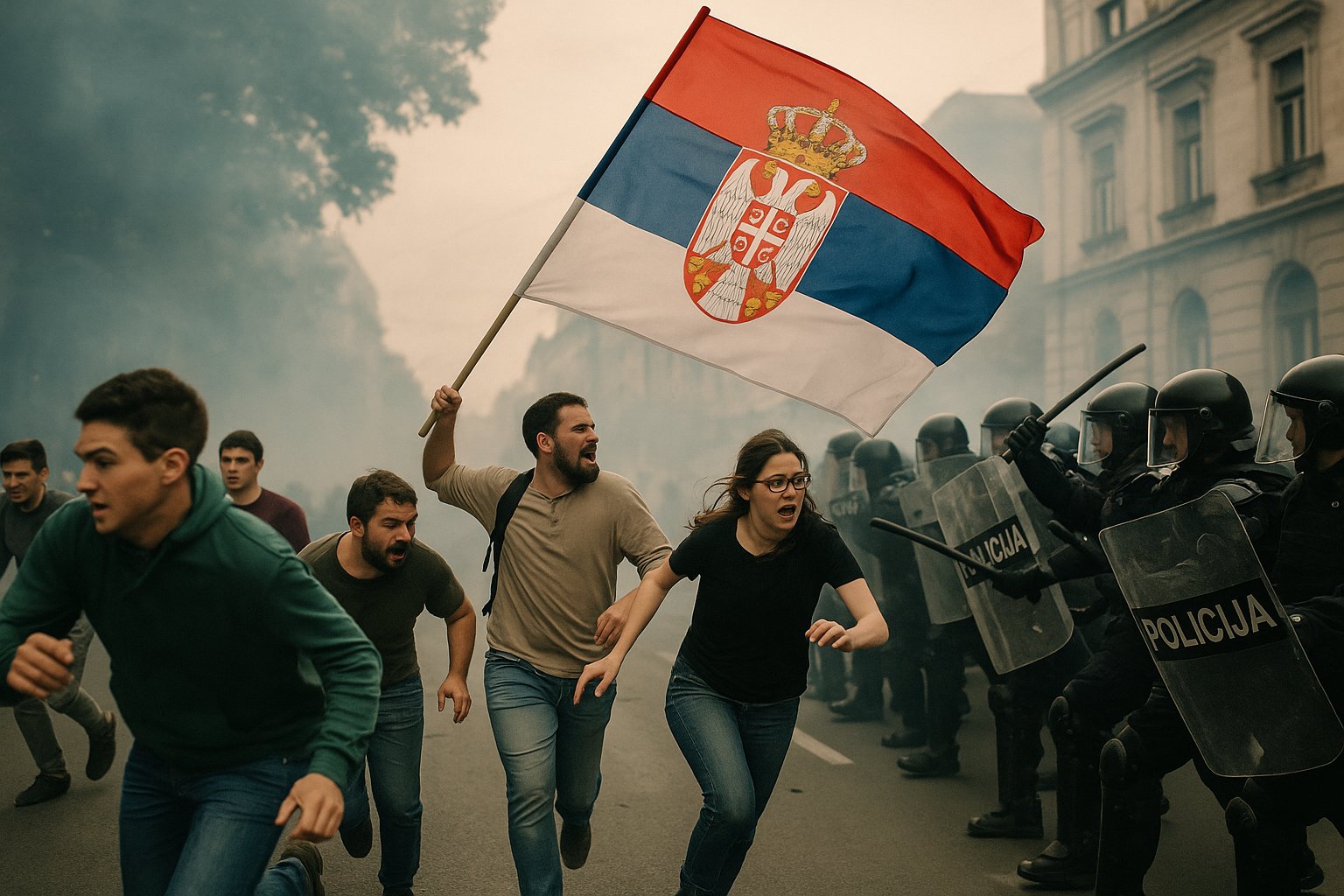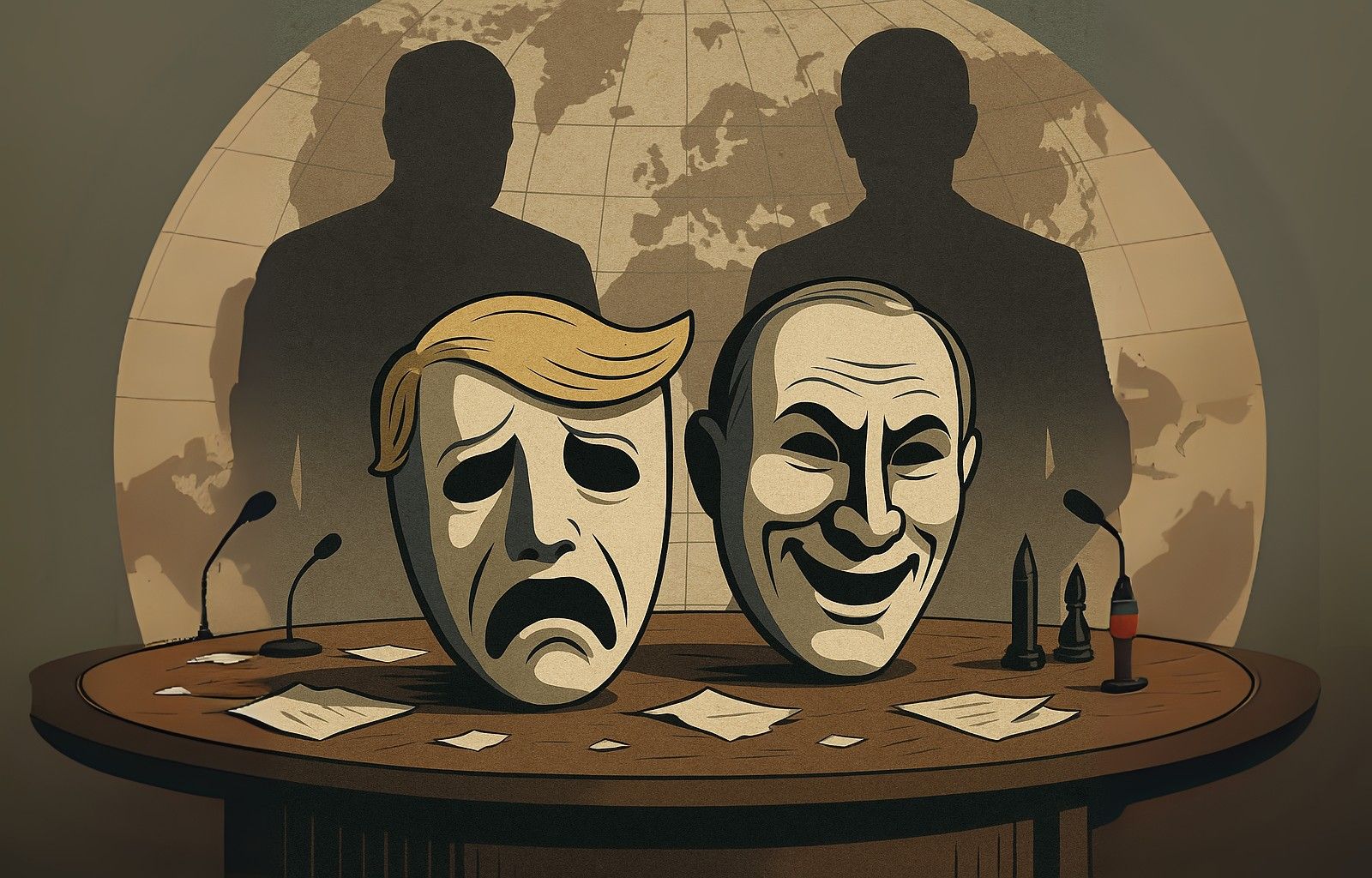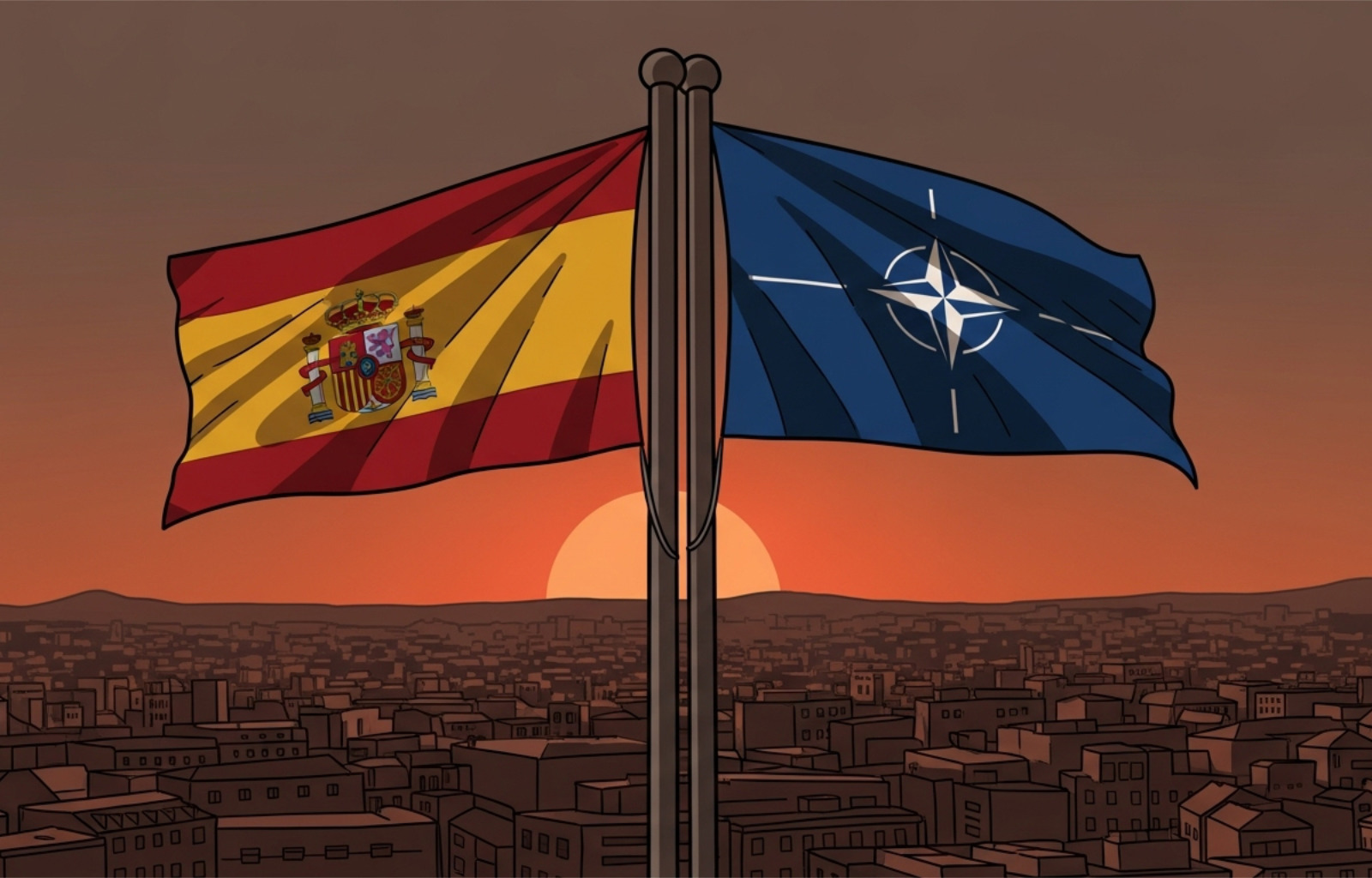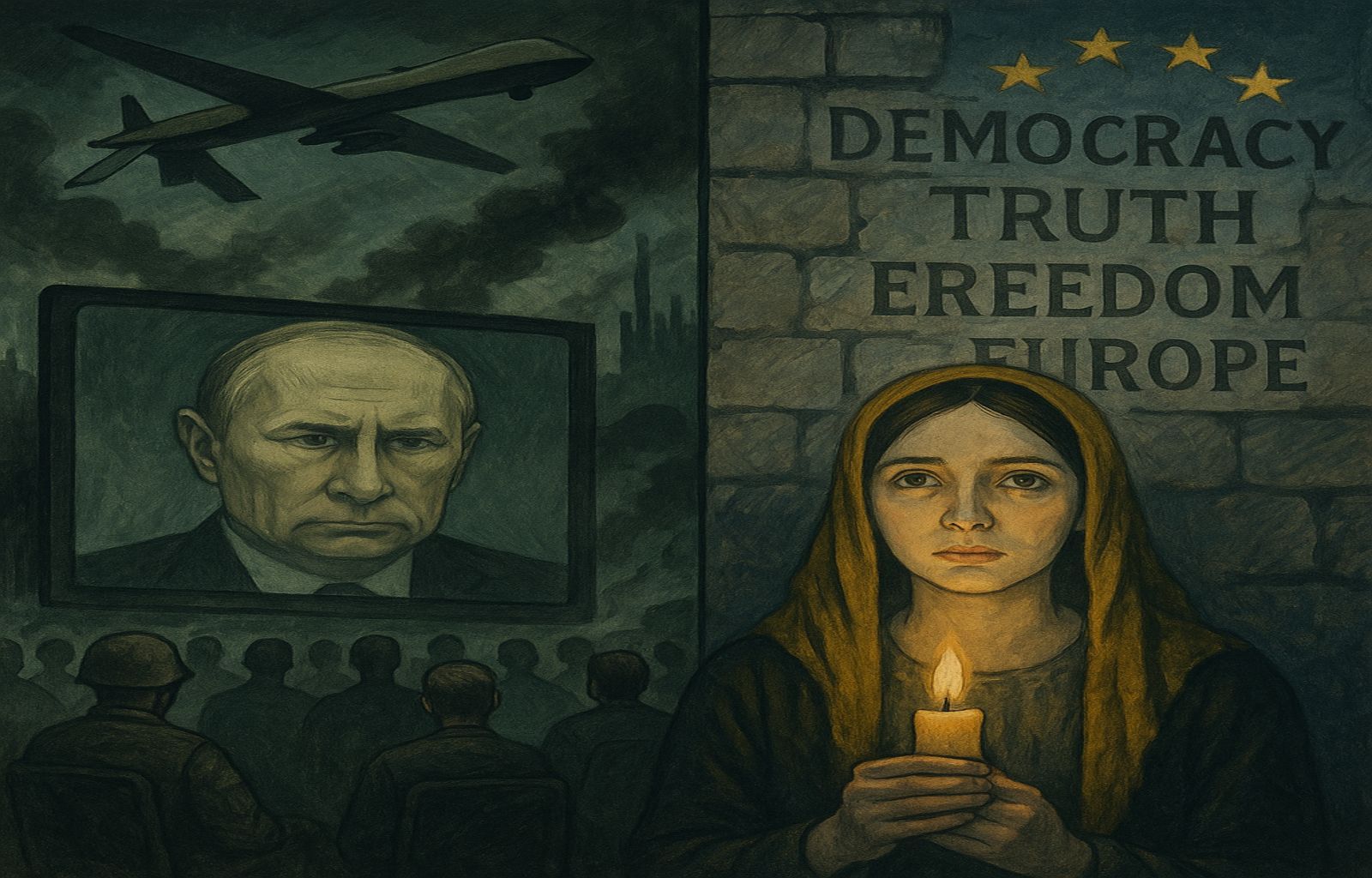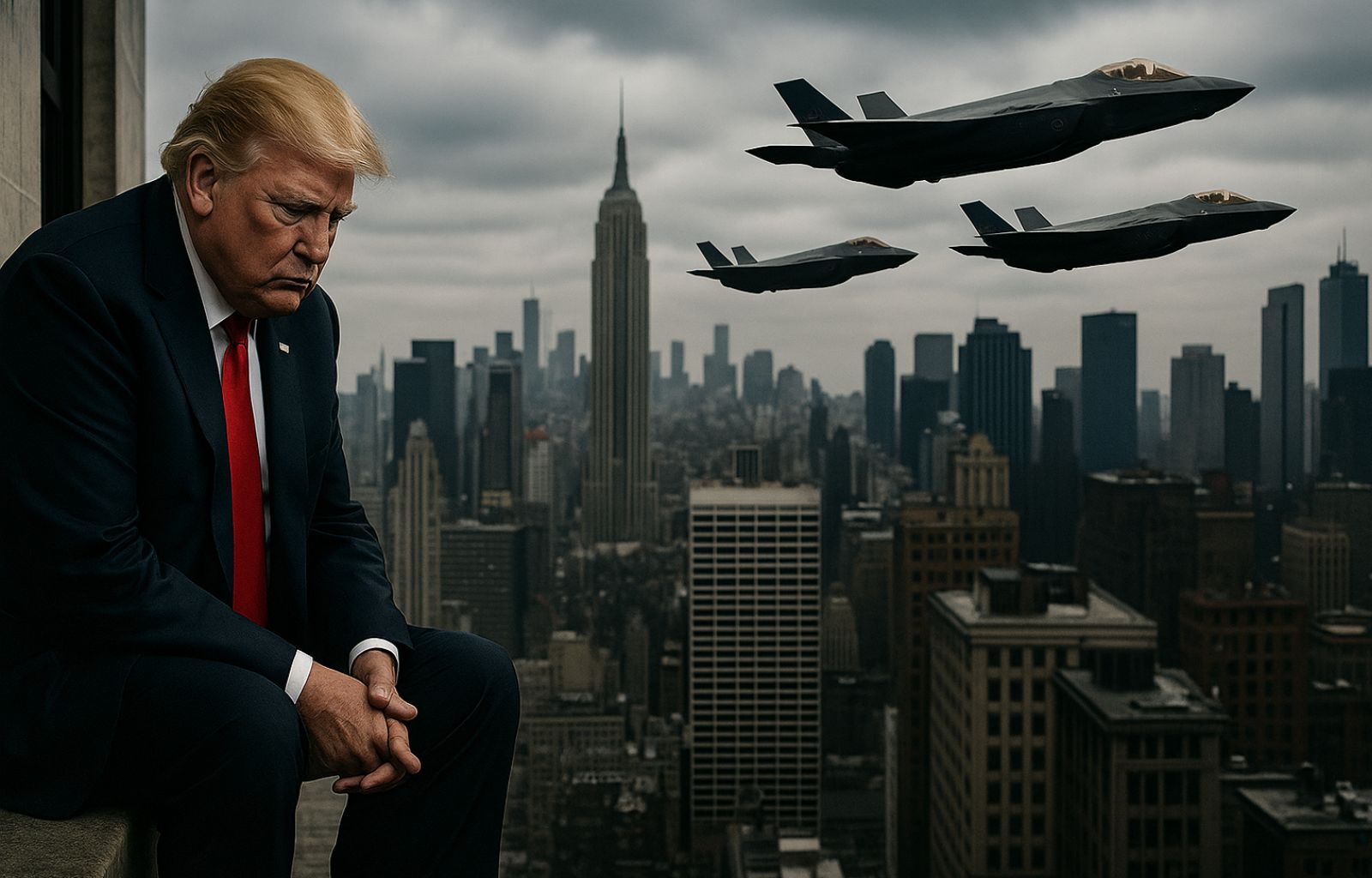Tusk and the Pact from Warsaw: ‘Europe is not dead as long as we are alive’
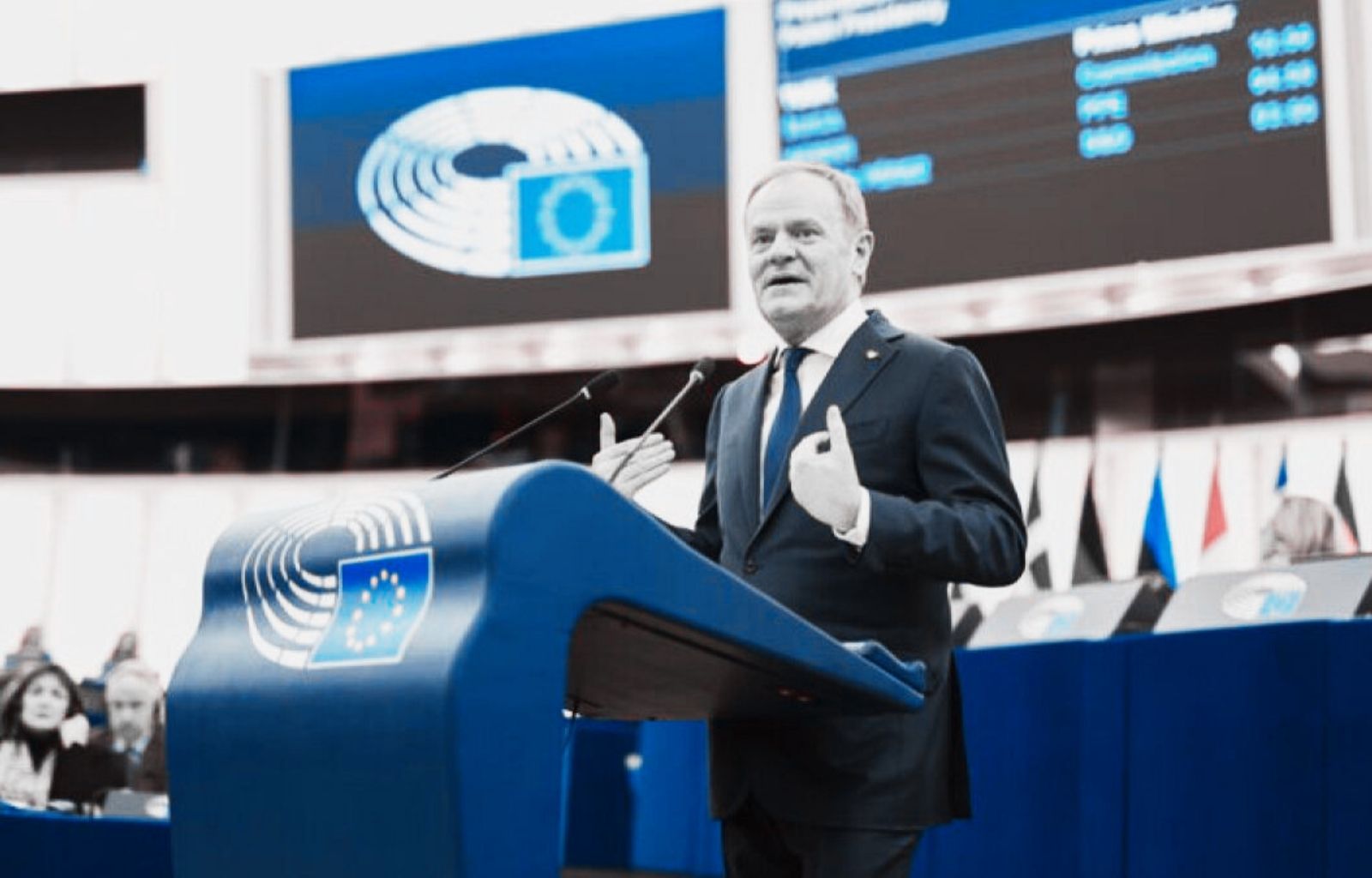
Donald Tusk in Strasbourg, the Polish Prime Minister presents the programme of the EU Presidency and raises the issue of defence, identity and the global role of the Union. Poland today has the strength, authority and credibility to lead Europe.
The Polish rotating presidency of the Council of the European Union opened on 1 January 2025 and will continue until June, bringing Donald Tusk‘s very personal vision to the centre of the discussion. The Polish Prime Minister, speaking at the European Parliament in Strasbourg, referred to the challenges and opportunities that Europe faces, firmly defending the need for a new phase of political and institutional courage.
‘Europe is not dead as long as we are alive’
Tusk’s debut left no room for ambiguity: ‘Europe is not dead as long as we are alive‘. The phrase, a reworking of the Polish anthem in a European key, contains the essence of the premier’s message: Europe is stronger than we often tell ourselves, and is capable of finding a common direction even in the most critical moments. “It has no reason to feel complex, ” recalled Tusk, ” because it has been, is and will be great. With 450 million citizens and 27 member states, the Union has already shown that it can withstand the impact of economic, migratory, pandemic and even war crises.

Among the key topics addressed by Tusk was the recent ‘change of course’ in the United States, which the Polish prime minister saw as a phase of possible political disorientation but also as an opportunity for the European Union to strengthen its role on the international stage. “The greatness of Europe,” Tusk continued, ” stems from the fact that it has never been afraid of the unknown or of leaps in the dark, and even today we can reaffirm this vocation for boldness.
The call for defence: ‘The EU must stand for strength’
A crucial moment of the speech was devoted to the topic of security, where Tusk spoke in clear and decisive tones: ‘If Europe wants to survive, it must be armed. To avoid a tragic repetition of history, we must be strong both in spirit and in our defensive capabilities‘. The Polish premier emphasised that democracy should not be associated with impotence or inefficiency, but rather rediscover the strength to defend one’s borders and citizens.
In a Europe seeking to redefine its global positioning, the issue of military and defence spending has become increasingly urgent. Tusk asserted the importance of a policy aimed at consolidating the EU’s internal and external security, especially in a changing geopolitical context, where traditional alliances and new cyber, terrorist and military threats call for clear answers.
The target of 5% of GDP for security
“I speak as premier of a country that already spends almost 5% on security,” Tusk stressed, ” and I want to say that it spends it not only on its own security but also on the security of the whole of Europe. The figure, undoubtedly ambitious, portrays a very precise intent: to assume, as a Union, the responsibility of defending its own values and strategic autonomy.
According to Tusk, in fact, it is no longer time to delegate collective defence overseas, rather the reverse question must be asked: ‘Ask not what America can do for Europe and its security. Ask yourselves what you can do‘. A clear invitation to the member states to do more and to focus on internal cooperation, minimising the dispersion of resources and national particularism.
Towards a competitive and united Europe
The Polish Prime Minister insisted on the need not to conceive of security spending as a luxury, but as an indispensable tool to strengthen the EU’s international role and protect its population. This push for a ‘strong democracy‘ could also translate into an economic revival, making the Old Continent more competitive in the new global challenges, from technology to energy transition.
The Polish presidency, therefore, is part of a panorama full of unknowns but also of opportunities. Tusk’s appeal is not to be afraid to change pace and to rediscover the pride of being European: “The leaders of other countries speak with great pride of their successes and achievements, but we – the EU –also have the right to speak with the same pride of our greatness, both in the past and in the present“.
In conclusion, Donald Tusk’s speech in Strasbourg stands as a manifesto for a Europe that, although aware of its own fragilities, does not intend to give up its role as a global player. A vision that binds together political courage, identity pride, internal collaboration and the strengthening of common defence capabilities. The ambition to spend 5% of GDP on security could mark an unprecedented strategic turning point, transforming the EU into a more autonomous and reliable actor, ready to invest in its own forces and speak on the international stage with one voice. After all, as Tusk himself reminds us, “Europe is not dead as long as we are alive“: a message of trust and responsibility that accompanies Poland and the entire European Union in this crucial semester.



